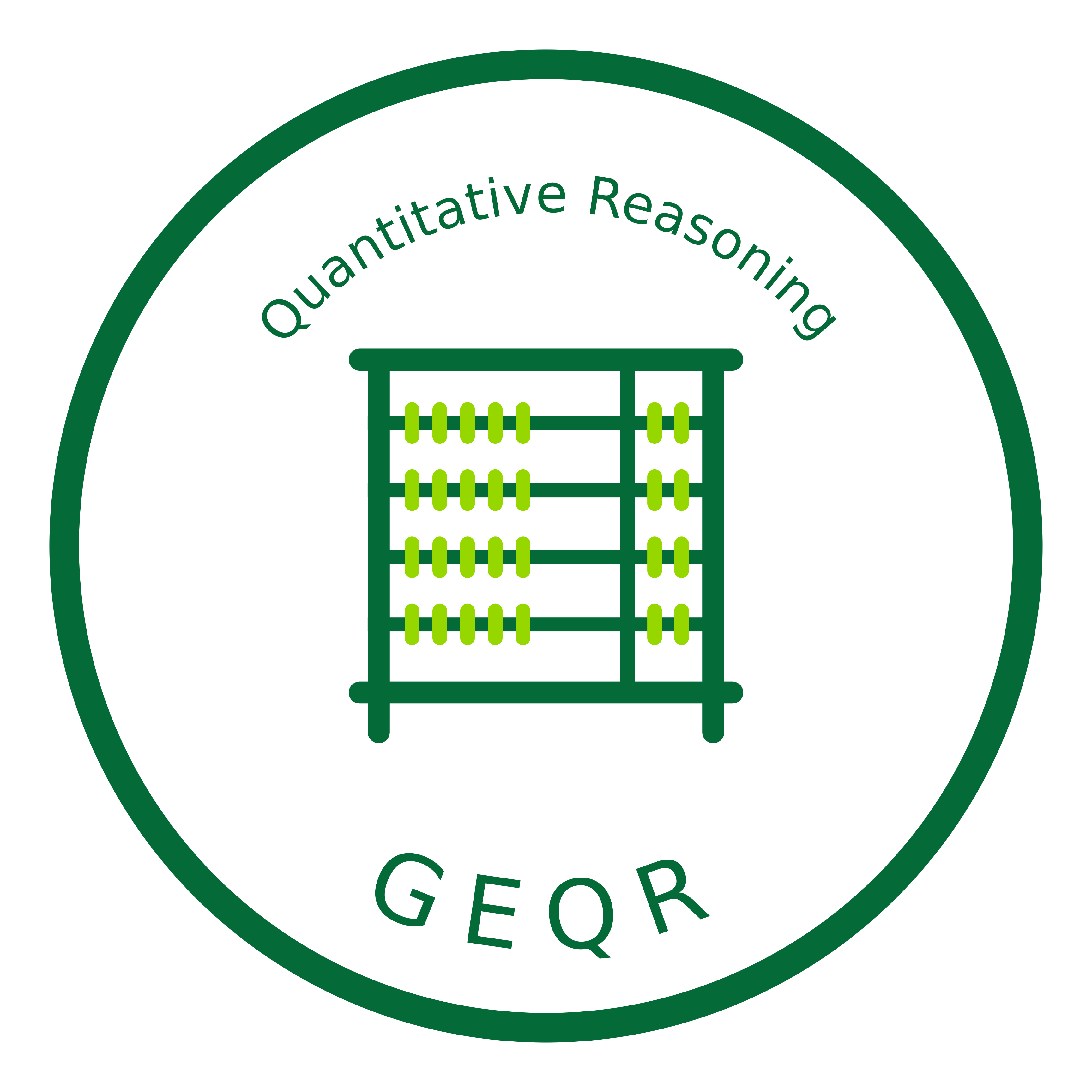2021-2022 Undergraduate Catalog This is not the most recent catalog version; be sure you are viewing the appropriate catalog year.
|
ECON 201 - Principles of Macroeconomics [GEQR or GEKS]
The first half of basic principles of economics. Emphasizes macroeconomic concepts of national income, fiscal and monetary policy, and problems of unemployment, inflation and economic growth.
Credit 3 hrs May not be repeated for additional credit
Grade Mode Normal (A-F) Course Rotation
Prerequisites - Level 3 Math Placement , any “MATH” course (098-499) with a “C” or higher , or any “STAT” course (100-499) with a “C” or higher
Other Restrictions -
Restriction by Major -
Restriction by Class - Undergraduate standing
Additional Information - Students may receive credit in ECON 100 , ECON 201, and ECON 202 . Only ECON 100 or ECON 201/202 can be used to satisfy the requirements of any university Major/Minor, not both.
 
ECON 201 can be used to satisfy the Quantitative Reasoning (GEQR) or the Knowledge of the Disciplines Social Sciences (GEKS) requirement, not both. Students are reminded that ECON 202 can also be used to satisfy the GEQR or GEKS requirements. Therefore, students who take the ECON 201-202 sequence can satisfy both categories.
Rationale for Quantitative Reasoning - Economics 201 allows students to satisfy the Quantitative Reasoning [GEQR] requirement of the General Education program. In this course, students first learn that many features of the economy are measured quantitatively. Students learn how to gather data, how to organize and present the data in tables, and how to understand and interpret them. Students then learn how to build four economic sector models to represent the economic behavior of people, businesses, the government, and the international sector. Students then assemble their sector models to create an aggregate model of the macroeconomy. They use their aggregate model to explain how the size of the economy is determined, and why it often grows but, at other times, shrinks. This is important because it determines the availability of jobs and the amount of income that people receive. These various economic models are developed using mathematical techniques, such as graphs and algebra. This mathematical approach requires clarity about the simplifying assumptions on which the models rest, and which limit their applicability. Finally, the aggregate model is applied to explore the basic macroeconomic problems of unemployment and inflation and to explore government economic policies designed to ameliorate these problems.
Rationale for Knowledge of the Disciplines - Economics is one of the fundamental social sciences because it systematically investigates social relationships, institutions, and interactions among people deciding how they and society should use scarce economic resources. Economics 201 satisfies the Social Sciences (GEKS) requirement of the General Education Program because students in the course acquire a basic knowledge of the subject of economics as social science, and approaches used by economists in their study of economic questions and institutions. This course analyzes concepts of and tools used to study scarcity, the role of both markets and government as mechanisms for allocating national and international resources, and the role of government policy in achieving goals of maximum employment, low inflation, and economic growth.
Keywords: economics , Knowledge of the Disciplines - Social Sciences (GEKS) , Quantitative Reasoning (GEQR)
Equivalent Courses: ECON 500
Updates: Approved for GEQR 4/2019, effective Fall 2019; Prerequisites updated 12/2018, effective Summer 2019; Note added 9/2015; Approved for GEKS 10/2007, effective Fall 2007
Class listings and details page
|